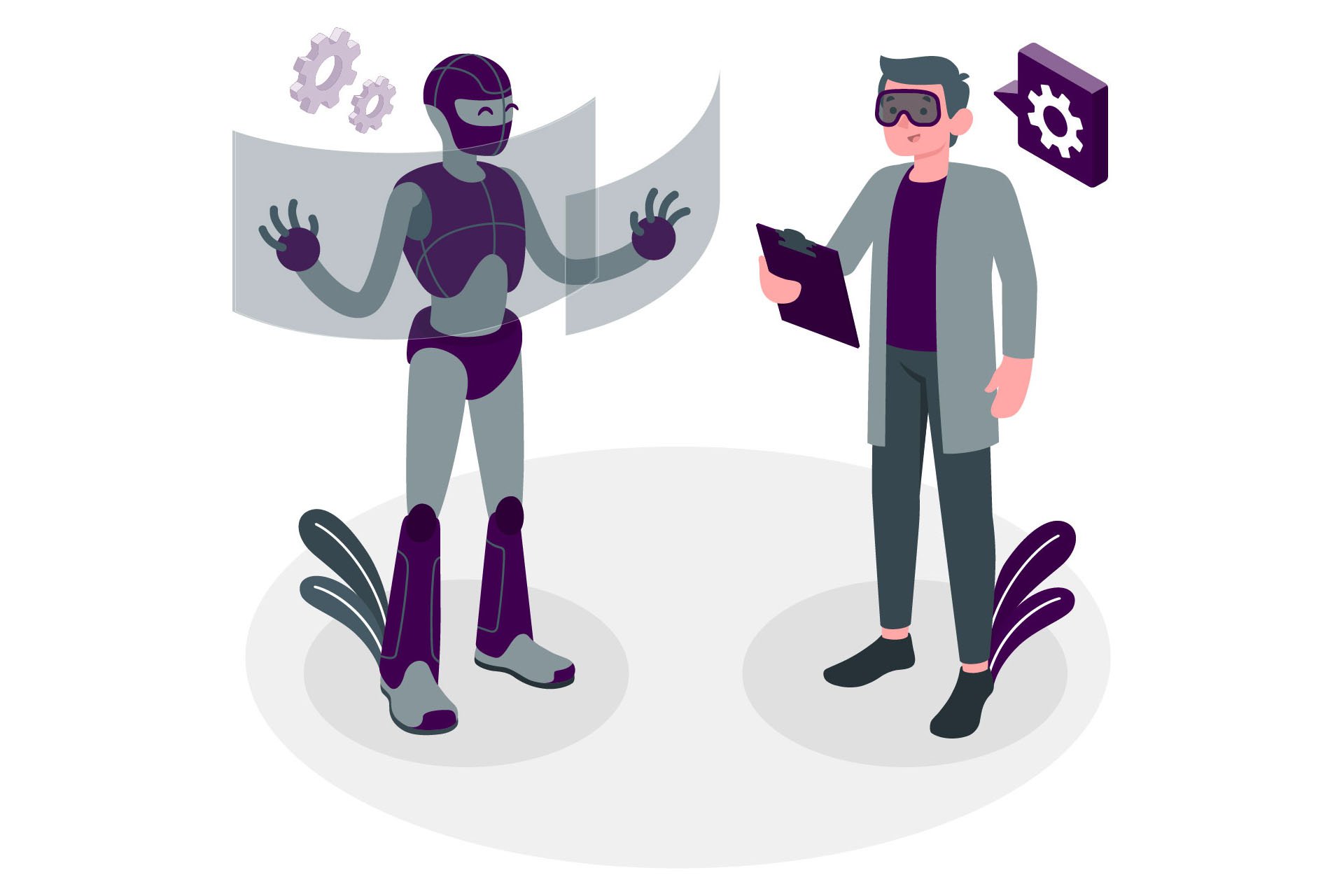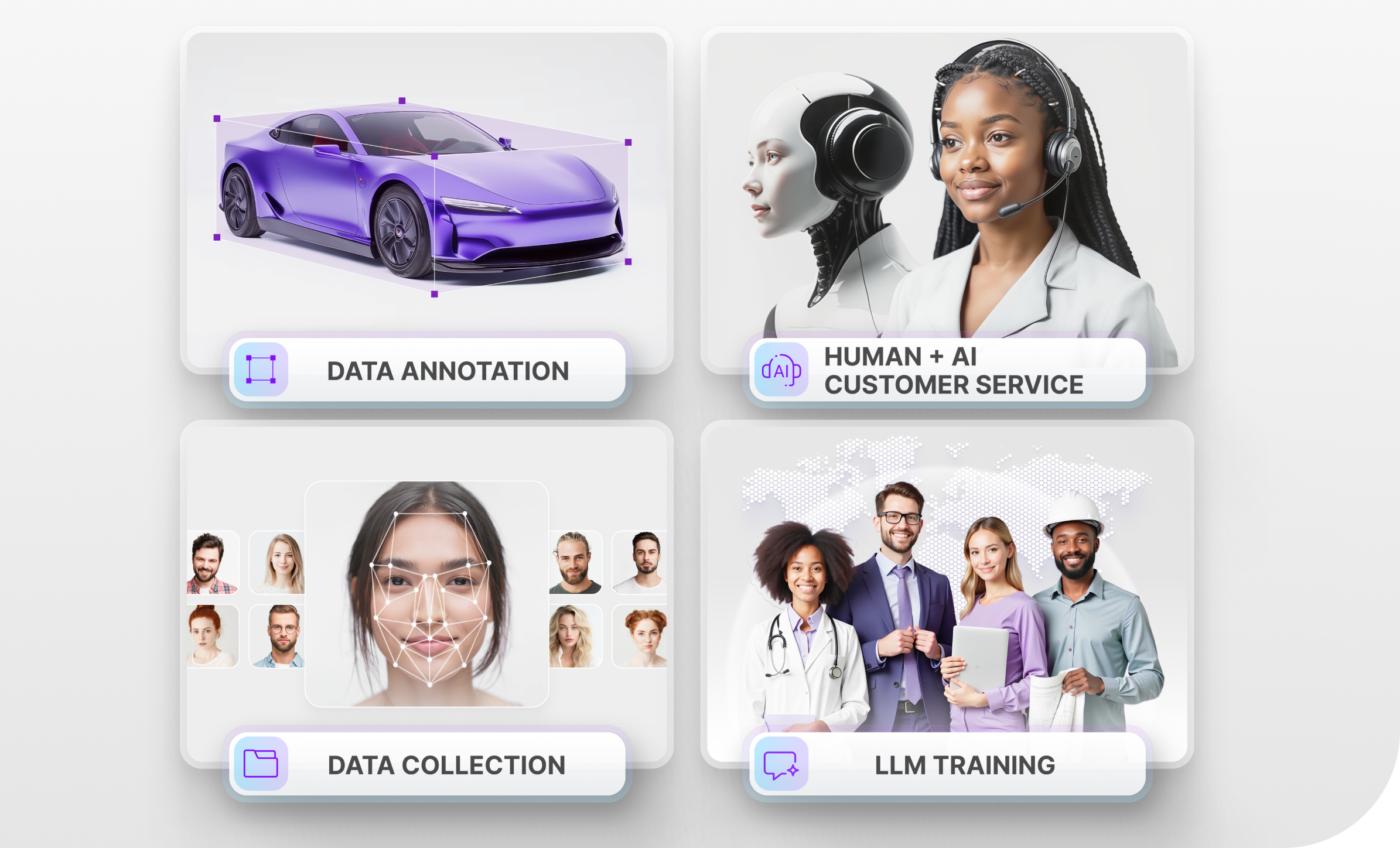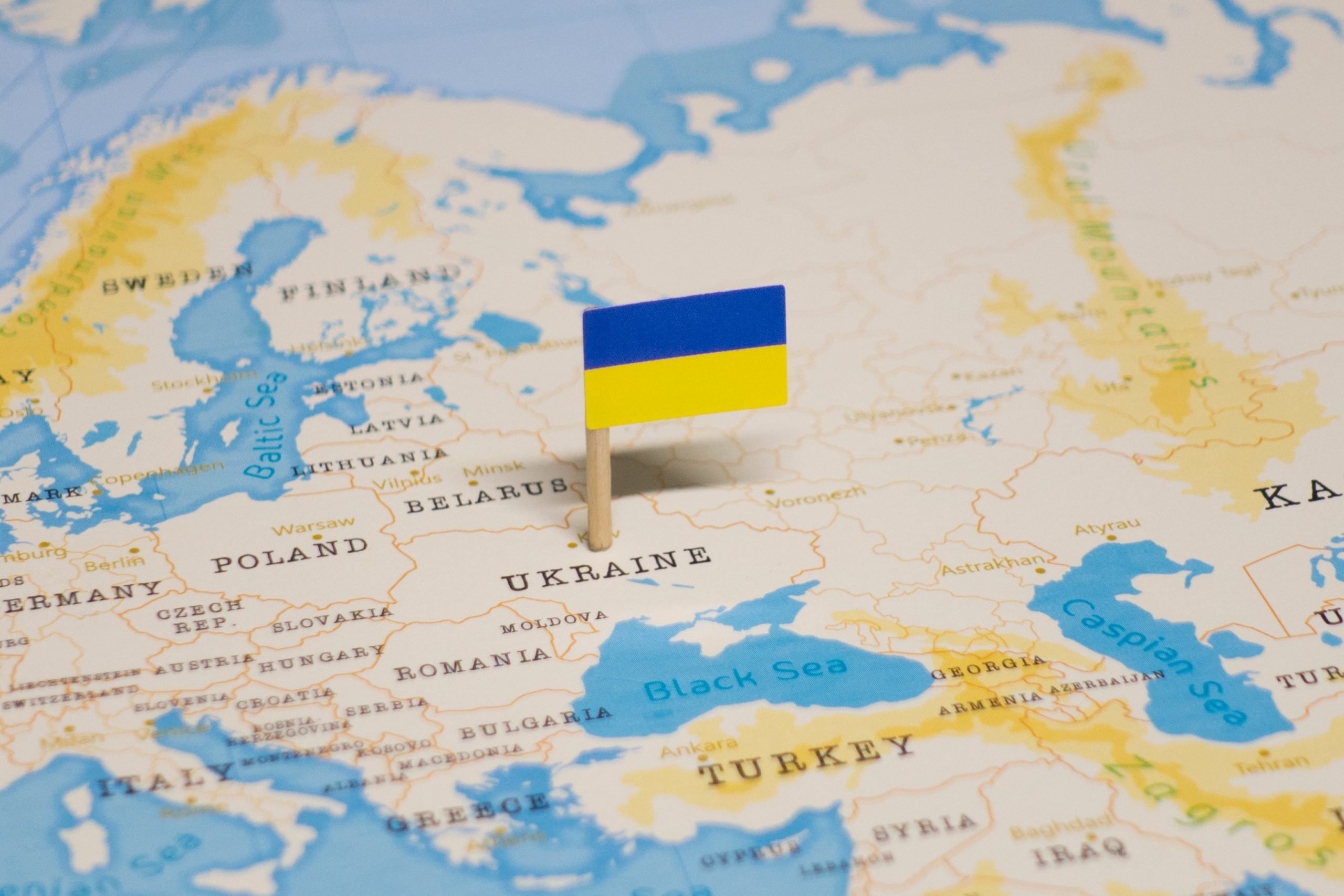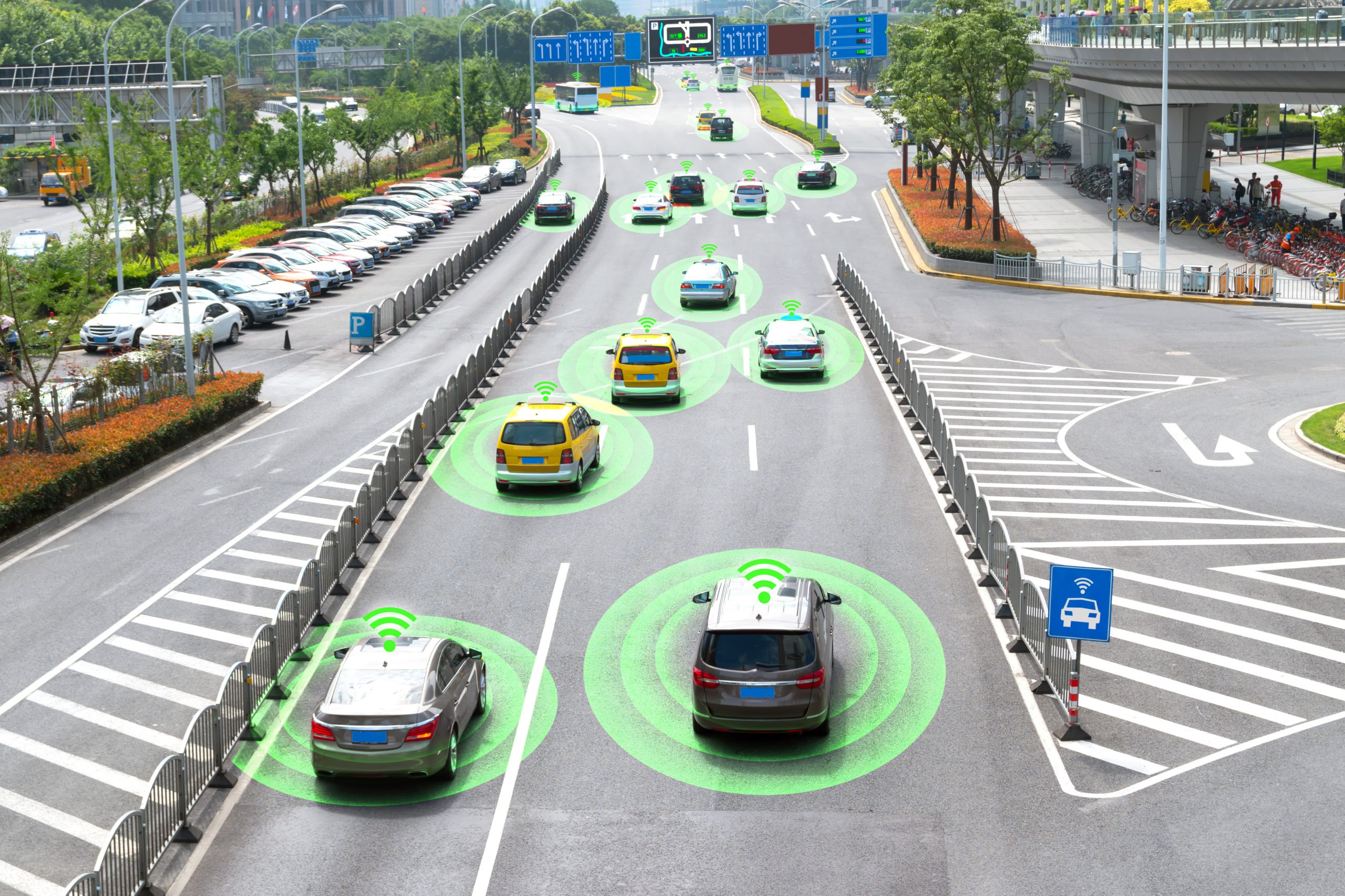Using AI to Achieve Immortality
In Greek mythology, there is the great legend of Tithonus and Aurora, the Goddess of the Dawn. Aurora, who is a Goddess and therefore immortal, falls in love with Tithonus, the prince of Troy, but he was mortal. Aurora begs Zeus to give Tithonus immortality so that they can be together forever. However, she makes a huge mistake. When she asked Zeus for immortality, she forgot to ask for eternal youth. What ended up happening is that Tithonus got older and older to the point where he was just a pile of bones, yet he could not die.
Based on all of the advancements already made in AI and machine learning, could it be possible that these technologies will help us outrun old man time and live forever? Let’s explore this possibility in greater detail.

What is Aging?
Kings, emperors, explorers and many other people have spent their lives in search of the mythical fountain of youth. Even though nothing like this exists in nature, AI and machine learning can offer us the key to biological immortality. When the technology matures to the necessary levels, we are all going to have our genes sequenced. We will have billions of genomes of elderly people and billions of genomes of young people. All of this data will be inserted into an AI machine that can perform pattern recognition to look for the age genes. The proverbial fountain of youth will be found by artificial intelligence. It will identify where the age genes are located.
In order to train such a machine to identify all of the genes in every person will require an extraordinary amount of data. A lot of highly detailed and accurate data annotation will have to be performed in order to tell the system what it needs to identify and it will have to be done by highly skilled medical professionals. Still, even if we add up the costs of development and subsequent data annotation, the money will be worth it if breakthroughs can be made in this field.
Now, let’s explore what aging is. Aging is the build up of genetic errors. This means that cells become slower, sluggish and they die. This is why we grow old and eventually die. In the future we will be able to fix those mistakes with crisper type technology and perhaps live forever. For example, where does aging take place in a car? It takes place in the engine since there are a lot of moving parts and that’s where you have combustion. Now we need to find the area of our cells that have combustion and we know that this is the mitochondria. Therefore if we cure all of the mistakes that build up in the mitochondria we could end up living forever.
Achieving Digital Immortality
In addition to biological immortality, we could also achieve digital immortality. Right now, all of the developments in robotics are only enhancing our everyday lives. However, as AI advances and the robots become smarter, they will ultimately reach a point where they become better than humans at performing certain tasks. Last year, at the Fast Company European Innovation Festival at the Gucci Hub in Milan, Yuval Noah Harari, historian at the Hebrew University in Jerusalem, presented a post-human world where humans and robots merge to become one. In the future, we will be able to digitize our personalities, our feelings, memories, sensations, etc. and create a digital copy of ourselves. In fact, this is already going on with the Human Connectome Project whose goal is to map the entire connections of the human brain.
One of the reasons this is all possible is because we leave such a large digital trail of ourselves. For example, our ancestors had only a few information recorded about them such as their date and place of birth, date of marriage and the date of death. This was their entire digital existence. We leave a much larger digital trace since we upload so much much information to social media. All of this data can be used to create a digital facsimile of ourselves and allow us to live forever in digital form.
Mindy Support is Assisting Researchers Develop New AI Products
While the type of technology we discuss above can potentially allow us to live in the future, it will require humans to train it with data. So even in the distant future, we will still need human data annotators to assist with the development of such cutting edge technology. Mindy Support is assisting researchers by taking the burden of data annotation off their shoulders. We are one of the largest BPO providers i Eastern Europe with more than 2,000 employees in six locations all over Ukraine. Regardless of how many annotators you need, we will be able to find them within the specified time period and we can scale your project without sacrificing the quality.





